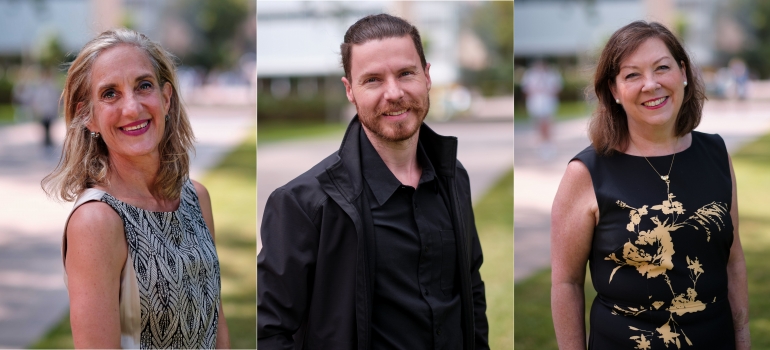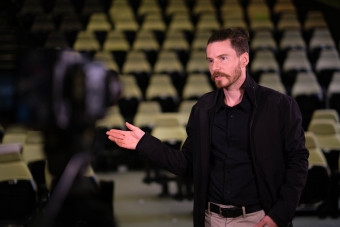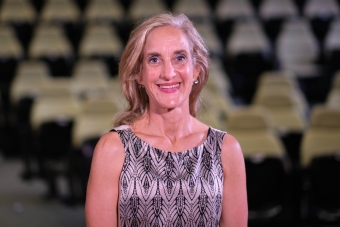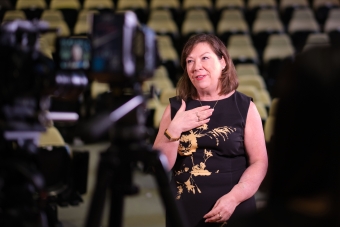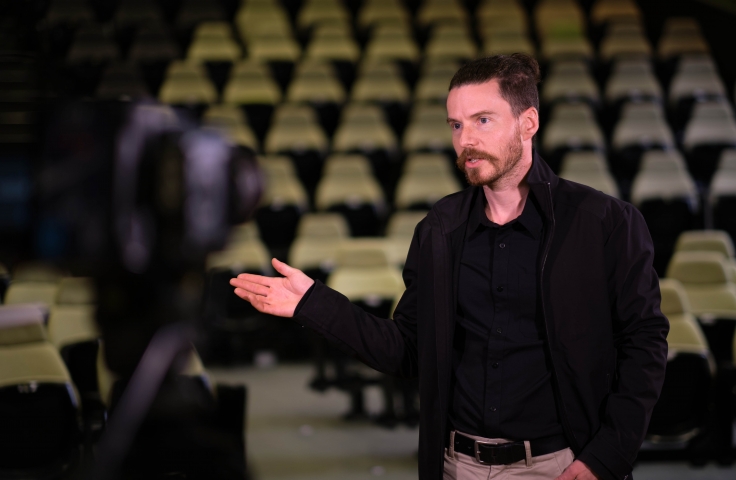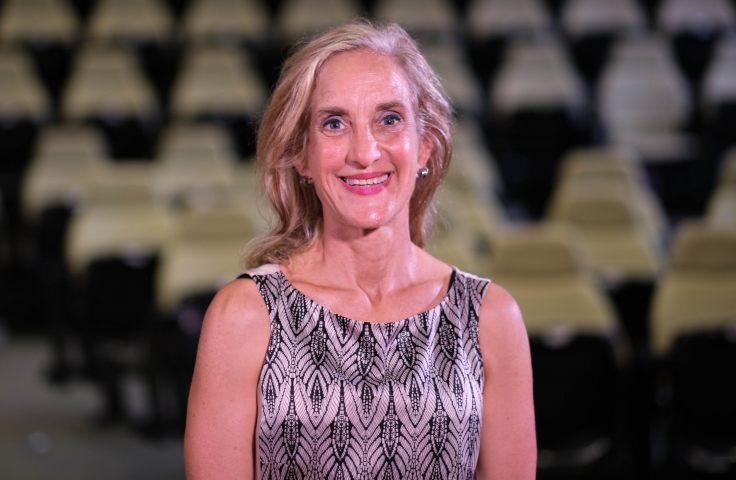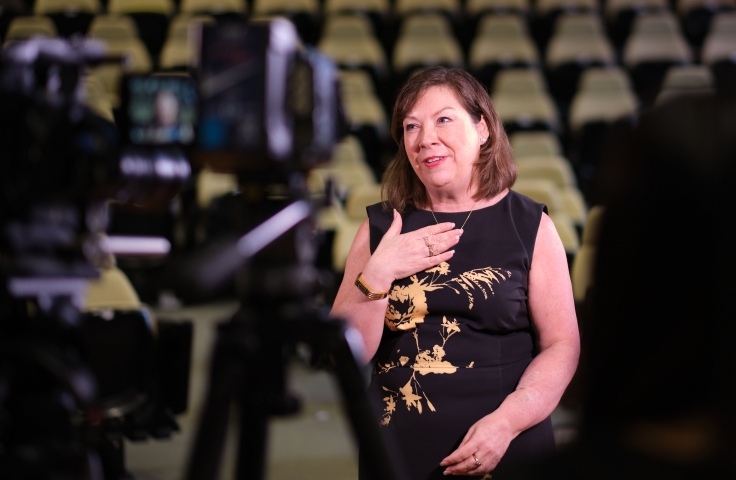Dr Lynn Gribble has been recognised for a decade of creating, sharing and advocating deeply personalised, learner-centred and innovative online teaching strategies for Business students using readily available technologies.
With over a decade of Management teaching experience under her belt, Dr Gribble joined late 2019 as a full-time Education Focussed academic at the UNSW Business School. The first time Dr Gribble taught Management online, she found that adopting the School’s usual approach of shifting courses online using text-based delivery betrayed the many business savvy yet academically unsophisticated students in her courses. Dr Gribble’s goal was to make her online teacher-learner interactions just as personal as face-to-face even in large classrooms, with a mindset that the diversity of her students’ learning needs would drive her diversity of innovations.
"I want everybody's learning journey to feel like it is taking them on their career and their choices, not a 'packaged experience' which they need to work out for themselves."
Dr Gribble located voice-recording tools ‘hidden in plain sight’ among everyday teaching technologies such as learning management systems and Microsoft Office tools, which were cost- and time-effective. By using voice recordings to soften, strengthen and above all customise her detailed feedback to students, Dr Gribble found the key to their engagement. By 2012 Dr Gribble was pioneering the use of Turnitin’s voice feedback feature, fundamentally changing her approach by focusing on feedback that asked questions of students, developing them as active, rather than passive receivers of feedback.
The use of technologies in her teaching continues to evolve with the introduction of tools that create safe spaces where anxious or reticent students can anonymously share their thoughts and questions. These tools gave her ‘invisible’ students a voice where she could gauge online the needs and feelings of the students just as she would look at faces and distractions in a physical classroom.
Dr Gribble’s efforts have been very well received with a high student satisfaction rate in comparison to other large compulsory courses, and consistent positive student feedback. As a result of her innovations, Dr Gribble has been recognised through many teaching awards at UNSW and beyond.
Watch the video of Dr Lynn Gribble sharing her thoughts about the award and the future of higher education.
